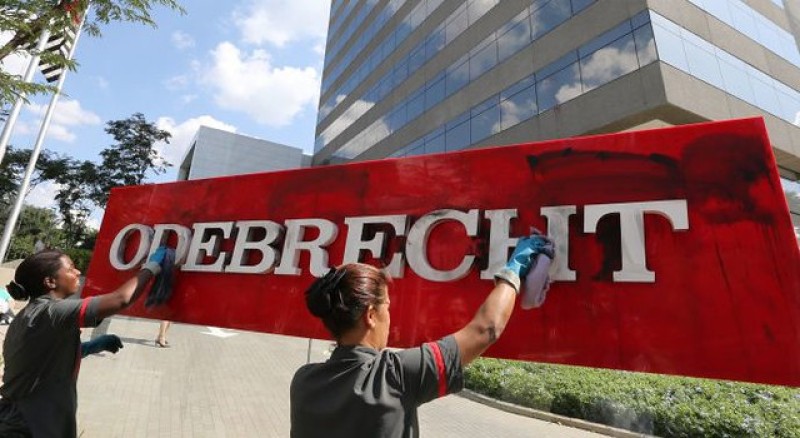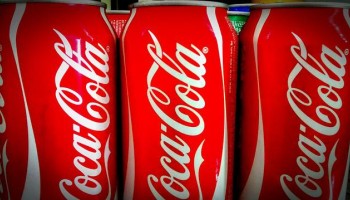Ricardo Alberto Martinelli Linares was extradited to the U.S. last week and his brother Luis a little over a month ago to stand trial for their role in a scandal that has rocked Brazil and touched officials from across Latin America to Europe, including two of Panama’s ex-presidents.
Odebrecht was in 2017 fined $2.6 billion, to be paid to the governments of the U.S. Brazil and Switzerland, for orchestrating one of the world's largest bribery operations. Totalling over $788 million paid in bribes between 2001 and 2016 to officials in 12 different countries so that the conglomerate could secure various construction contracts.
So extensive was the operation that Odebrecht created a special department to handle all of the bribes.
“Odebrecht and Braskem used a hidden but fully functioning Odebrecht business unit—a ‘Department of Bribery,’ so to speak—that systematically paid hundreds of millions of dollars to corrupt government officials in countries on three continents,” said Deputy Assistant Attorney General Suh when the firm first plead guilty in 2016.
Braskem was another Brazilian petrochemical company which worked with them.
The brother’s job was to make that heaping sum disappear into the books.
“Ricardo and Luis Martinelli Linares played integral roles in the corrupt scheme to funnel Odebrecht bribes to a high-ranking Panamanian government official,” said Assistant Attorney General Kenneth A. Polite Jr. of the Justice Department’s Criminal Division.
“They used the U.S. financial system to further their scheme, took steps to create shell company accounts at offshore banks to try to evade responsibility, and used some of the bribe proceeds for their personal benefit,” he explained.
The brothers have agreed to forfeit nearly $19 million and will be sentenced in May. They could face up to 20 years behind bars.





